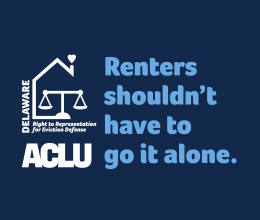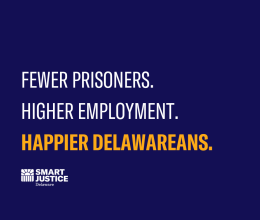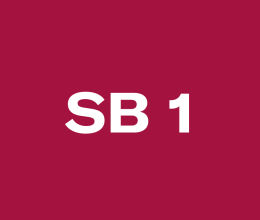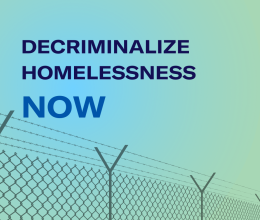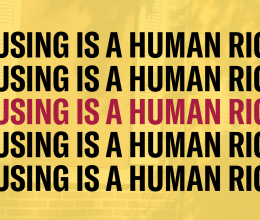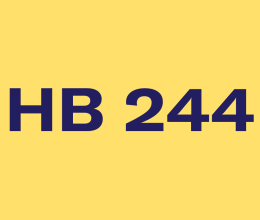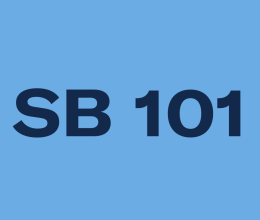For many families who rent their homes, this past year has been a difficult one. Since the national eviction moratorium ended in August 2021, over 5,000 eviction cases have been filed in our state, and more than 800 Delawareans have been forced to leave their homes.
Today, March 1, 2022, the Delaware Supreme Court adopted a new rule regarding renters’ representation in eviction court proceedings. The previous rule, Supreme Court Rule 57, only allowed renters to be represented in court by lawyers, while landlords could be represented by both lawyers and non-lawyer agents. The new rule, Supreme Court Rule 57.1, allows “non-lawyer, Qualified Tenant Advocates to represent residential tenants in eviction proceedings.”
Qualified Tenant Advocates (QTAs) will be trained and supervised by Delaware’s legal aid agencies, such as Community Legal Aid Society, Inc. (CLASI), and can now represent a tenant the same way that an attorney would. Much like the non-attorney agents who can represent landlords in court proceedings, QTAs will have the ability to represent their clients in court without being a member of the Delaware Bar.
By expanding who can represent renters in court, this new rule takes a step toward leveling the playing field between renters and landlords and gives renters a fair chance at remaining in their homes. At a time when housing instability is compounded by an ongoing global pandemic, ensuring renters have representation is good for public health, too.
Despite this expansion, our current system still allows Delawareans to be evicted far too easily, quickly, and cheaply. This results in a heavy burden on our homeless shelters, foster care system, medical systems, employers, schools, and more. Investing in representing renters in court is a step toward curbing housing insecurity – when renters are represented in court, they are twice as likely to remain in their homes. And when renters remain in their homes, we ease the burden on the support systems that help people who have been evicted.
Supreme Court Rule 57.1 is a step in the right direction, but we still have work to do. SB 101, the bill for residential renters’ right to representation in eviction proceedings, is the next step. SB 101 would mandate that renters who are under 200% of federal poverty guidelines have the right to representation by an attorney or QTA in court. Further, SB 101 would create an Eviction Diversion Program, which is designed to connect both parties with support resources and to settle landlord-renter disputes before they escalate to a lengthy court process.
SB 101 isn’t just a helpful plan for renters and landlords alike – it’s also a logical one. The Stout Report on the Economic Impact of an Eviction estimates that for every dollar invested in renters’ right to representation, Delaware will save $2.76 that would have otherwise been spent on services to support renters after they’ve been evicted and need more complex support systems.
The Delaware General Assembly has the opportunity to make renters’ right to representation a reality this year. For information on SB 101, visit the Delaware Right to Representation for Eviction Defense campaign page or check out the resources linked below.
Tell your legislator: renters shouldn’t have to go it alone. Send a message
Have you received an eviction notice or been evicted?

